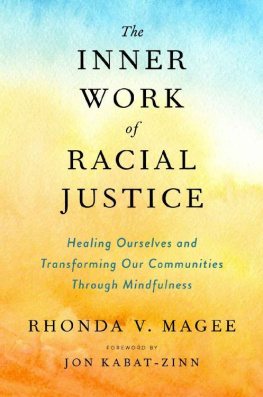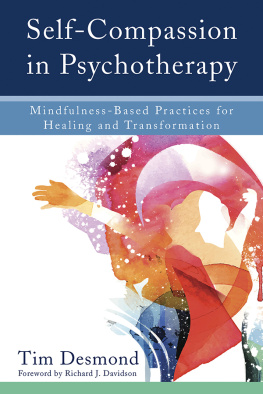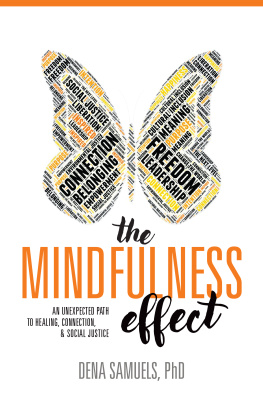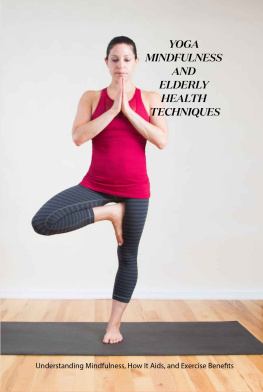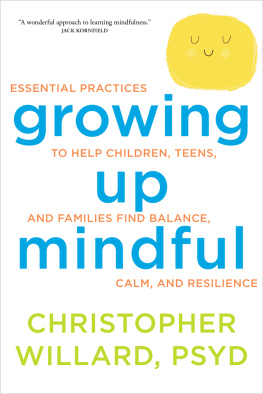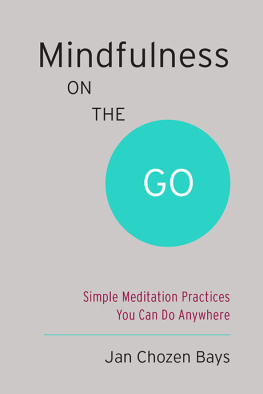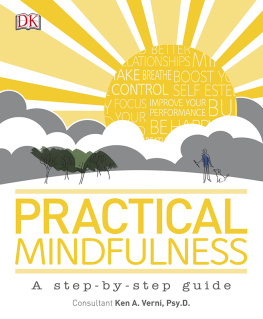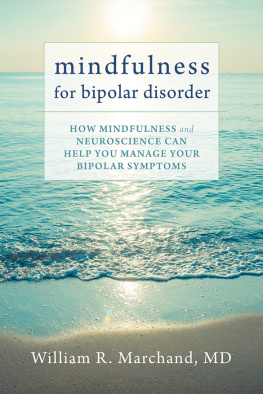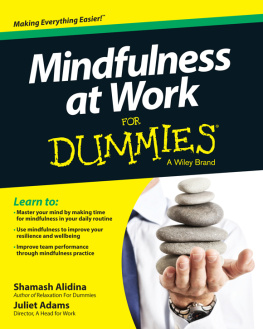
An imprint of Penguin Random House LLC
penguinrandomhouse.com
Copyright 2019 by Rhonda Varette Magee
Penguin supports copyright. Copyright fuels creativity, encourages diverse voices, promotes free speech, and creates a vibrant culture. Thank you for buying an authorized edition of this book and for complying with copyright laws by not reproducing, scanning, or distributing any part of it in any form without permission. You are supporting writers and allowing Penguin to continue to publish books for every reader.
TarcherPerigee with tp colophon is a registered trademark of Penguin Random House LLC.
Library of Congress Cataloging-in-Publication Data
Names: Magee, Rhonda V., author.
Title: The inner work of racial justice: healing ourselves and transforming
our communities through mindfulness / Rhonda V. Magee.
Description: New York: TarcherPerigee, 2019. | Includes bibliographical
references and index.
Identifiers: LCCN 2019010665 | ISBN 9780593083925 (hardcover) | ISBN 9780525504702 (ebook)
Subjects: LCSH: RacismPsychological aspects. | Mindfulness (Psychology)
Classification: LCC HT1523 .M325 2019 | DDC 305.8dc23
LC record available at https://lccn.loc.gov/2019010665
Some names and identifying characteristics have been changed to protect the privacy of the individuals involved.
While the author has made every effort to provide accurate Internet addresses at the time of publication, neither the publisher nor the author assumes any responsibility for errors or for changes that occur after publication. Further, the publisher does not have any control over and does not assume any responsibility for author or third-party websites or their content.
Version_1
IF THE PATH COULD SPEAK

Beneath these words rests the awareness of generations.
And of generations.
And of generations that have come before.
The awareness that each one of us is a vital part of the earth that we call home,
is of the wind, the rain, the fire.
And so inherently belongs.
If the path could speak, it would say:
We must assert that which exists deep within us,
namely, a sense of kinship with all those with whom we share the earth.
On repeat.
In every language.
Unceasingly.
Rhonda V. Magee
Contents





Foreword
In terms of our DNA, we humans are 99.7 percent the same. This sameness doesnt negate or belie the reality and beauty of our differences. Yet we persist to a large degree in overt and unconscious disregard and othering, both of which make it extremely hard for us to see our own implicit biases and the toxic effects these can have on others and, ironically, on ourselves as well. Often, it is even harder for us to want to see and disentangle ourselves from such automatic and unexamined biases, especially since they are usually supported by laws and social customs favoring some at the expense of others. Such asymmetries have wide-ranging consequences, especially for those individuals who are most at risk and vulnerable to endemic injustices. At the same time, they also erode the short- and long-term health and well-being of all of us, our societies, and our entire species.
If we humans are going to make it on this planet, sooner or laterand hopefully it will be soonerthis form of mindlessness has got to be met with the openhearted clarity, wisdom, and selflessness of mindfulness, an awareness that calls into question, investigates, and ultimately reveals the limitations of narrow identifications with any sense of self as a fixed and enduring entity. With seven billion people on the planet and counting, and the extent of the violence we are capable of with our weapons and our intellects, our well-being as a species is unsustainable unless we wake up and learn to love our differences, celebrating them rather than fearing them, as we come to recognize our commonalities. Obviously, this is a work in progress in our country and around the world, and very much in the forefront of public conversations about what kind of society we want to be and what kind of world we want to inhabit. This book is a major contribution to that conversation.
It wasnt until I was in my seventies that I began to realizelistening to people of color giving voice in recent years to what was obvious to them but opaque to methat my own life trajectory had benefited in major ways from my skin color, family, and openings not afforded to all, in spite of the rhetoric about us all being created equal and the implicit suggestion that that equality carried forward through life as equal opportunity. Over time, I have come to welcome this hard-to-absorb lesson, and I am grateful for the voices of colleagues and friends who helped me tune my ear and my heart to this level of ignorance and to recognize a tendency to not quite let the enormity of it register fully at a visceral level. Various presentations at conferences over the years, as well as books by brave and empowered voices, revealed levels of outright blindness in myself that cut me off from a sense of commitmentbeyond my merely intellectual and thought-based abstractionsto learning from those whose trajectories through life were totally different from my own as a result of legalized and normalized injustice.
Now, with this book, Rhonda Magee offers the world a wise and caring way of recognizing, through the lens of mindfulness, these harmful and imprisoning patterns in ourselves. Mindfulness has the potential to catalyze transformation at the individual, societal, and legal levels when applied to these very issues and to the forces of asymmetric power and misconstrued self interest that keep them alive. This book is an invitation to join a conversation that is uncomfortable at times, but ultimately freeingnot only for ourselves, but for the worldbecause it shows us a viable approach to living together on this planet in ways that minimize harm and maximize well-being for all of us, while we still have the chance. In that regard, this inner work of which Rhonda speaks rests on a profoundly ethical and moral foundation.
The beauty of mindfulness is that through its practice, no matter who we are, simply by being human, we learn to cultivate a gentle intimacy with awareness itself. From an evolutionary perspective, we might say that our innate capacity for awareness is the final common pathway of what makes us human. When we learn through the ongoing cultivation of mindfulness to inhabit the space of awareness itself, we come into creative relationship with the full range of our experiences, even in the face of the unwanted, the toxic, and the painful. In awareness, we have the opportunity to name, investigate, and discern both inner and outer conditions as they actually are rather than as we would like them to be. And out of that awareness, we can learn and grow from our very willingness to bravely place our attentionwith gentleness, openness, and kindnesswhere we usually dont, and to keep it there (or maybe I should say here) for longer than we might at first feel comfortable doing, and bring it back over and over again when it drifts off or gets overwhelmed.

